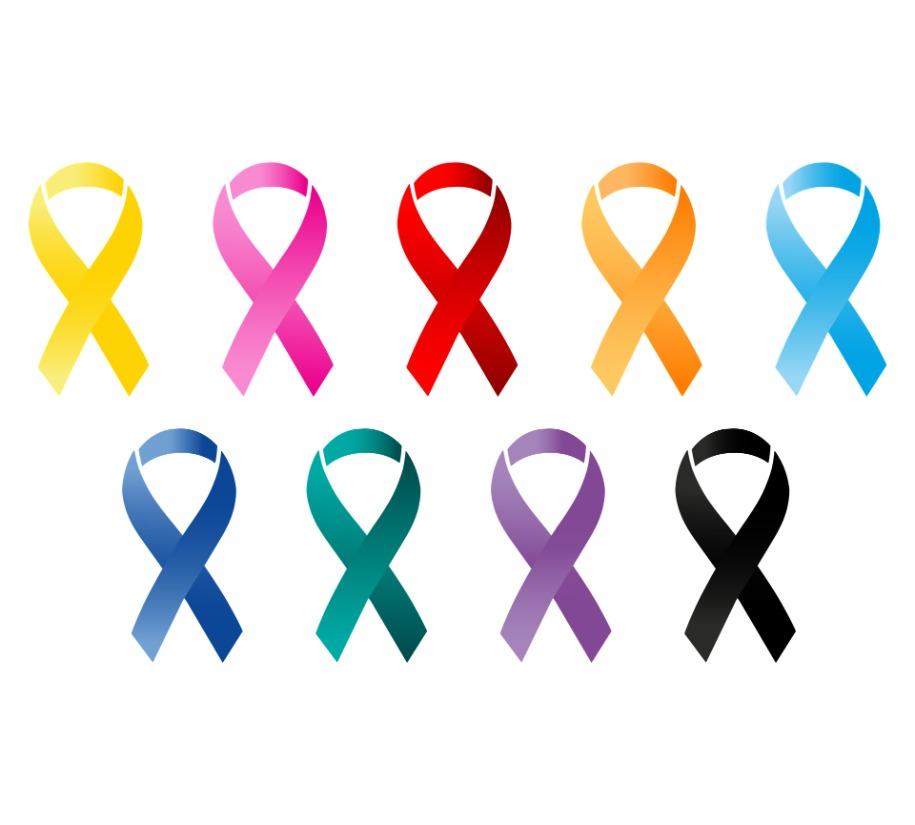
our phone rings. It’s your sibling, your colleague, your neighbour or… a loved one who has cancer.
It’s been a while, or you spoke just yesterday.
You know him inside and out, or her, just on the surface by business association.
She is older, he is younger, or you are the same age.
You have known him since childhood, or you just met her as a hockey parent but get along really well.
The call is to share news. By the sound of the voice you can tell that it’s not good. He/she can barely say the word. “I have…” A throat is cleared. “It’s pretty serious. I was not expecting this.” You hear a quiet breath, a slow intake and a quick exhale “I have cancer.” You clear your throat. Silence.
The big bad and bold “C” (you can’t even bring your self to say the word in your mind) clouds your eyesight, your mind and fills you up. You are floating above yourself. You look down at you and your phone. You are wondering what to say, what to do.
Since two in five Canadians will develop cancer in their lifetime, you have probably answered that call, and will have to respond to it at least once more.
I know I have, at least five times, at different degrees of separation. And even for this sticky situation blogger, it does not get easier.
But, it’s not about me. It’s not about you. It’s about him. It’s about her. That is where your focus should be at all times.
It’s also important to be authentic and true to your relationship. The person has not changed and wants to be treated as you always have. He or she is that special someone in your life, with cancer, for now.
If someone in your world has cancer, here is a guide of words and actions to comfort, soothe and show you care.
A lot of people shy away and avoid writing, calling or talking to a newly diagnosed person. It is OK to admit your discomfort and uneasiness.
Actually, these six words “I don’t know what to say,” is perfectly acceptable when someone shares the news of a cancer.
Then wait and listen. Listen with your ears but also with your eyes. Observe the body language. Respond with your heart. “What would love say?”
OK to Say
• “I am sorry to hear about your illness and that you are going through this.
• I am thinking about you.
• You are in my heart.
• I want you to know I really care about you. You are important to me.
• How are you?”
Be careful of
• Say “Don’t worry, you’re going to be just fine.”
• Comment about negative changes in appearance.
• Give treatment advice.
• Tell details of others and their cancer.
• Push positivity.
Offering to help is gracious. It can also be overwhelming for the receiver. And it may be difficult for someone who is sick to ask for help.
Be specific in your offering.
• Make, bring or send favourite meals, treats and desserts to the family.
• Babysit children, take them to an activity or overnight.
• Care for a pet.
• Send notes
• Communicate news to others via emails, on social networks or by phone. Don’t share information without permission. Try this publicity free website caringbridge.org.
• Treat the main caregiver to an outing, a spa service or a favourite snack.
• Send a cleaning team to the home.
• Do laundry, water plants and run errands.
• Hand deliver a funny movie night kit with a DVD, pizza coupon and treats in a huge popcorn bowl.
• Offer to drive to appointments.
Some patients find it nauseating or exhausting to talk on the phone or in video conferences while undergoing treatment. Send notes or cards by email and postal mail. It’s always a nice surprise to receive a colourful envelope with a “Thinking about you” note. Add “No need to reply” to alleviate the pressure of responding to all.
Offer
• Gift cards for taxi rides, food deliveries, music, movies, books and games.
• Send or bring a magazine, a book of funny short stories, a journal, a colouring book and crayons.
• Soft cozy blanket, socks (make sure that they are skid proof) or bonnet.
• Techno gadgets, colourful ear buds and an iTunes gift card.
• Sugar free candies and mints. Check first before bringing any food.
• Unscented hand, feet and lip care products.
• Battery operated tea light inside a votive candle holder.
• Place a series of sticky notes in the patient’s room with his/her qualities and words of encouragement from loved ones.
• Pictures of happy times.
• Bring something for the caregiver like a Starbucks eGift card.
Don’t offer
• Flowers and plants; they could make the patient nauseous, trigger allergies or create an infection from bacteria.
• Balloons; they could burst and scare.
• Food, unless you got the OK and in which case make sure it is a one meal serving.
• Scented products can create an allergic reaction and give queasiness.
4. How to prepare for your visit
Do
• Make sure that you are welcome.
• Let the other know that you understand if a last minute cancellation happens.
• Check your feelings at the door. Acknowledge and cope with them before.
• Go in with an empathetic mind, focused on your loved one.
• What the hospital signs ask you to do; turn off your cell, use hand sanitizer and/or wear a mask.
• Knock before entering, even if the door is open. Wait to be invited in. If the door is ajar and the patient is sleeping, go to the nurses’ station and validate whether or not you should wait.
• Use your voice library; soft and low.
• Excuse yourself to the rest area or say your good-byes, when a medical staff member enters the room,
• Be aware that the ideal visit time is about forty minutes, but could be as short as five minutes.
• Leave when another group of visitors arrives.
Don’t
• Go if, you have even the slightest bit of flu, cough or runny nose.
• Show up unannounced.
• Sit on the patient’s bed. The patient might feel invaded by your close proximity or be uncomfortable with the movement in his bed.
• Use the toilet in the patient’s room.
Have a positive and empathetic attitude.
Start with “I am happy to see you.” If he/she looks good say so. If there are negative changes, don’t mention them.
It is entirely appropriate for you to ask the patient how he is feeling. Let him share what he is comfortable with or not. Respect what he/says. Listen. Let him/her cry.
Talk about your usual topics and common interests.
Don’t take snapping personally and don’t ask for details.
If you were asked to stay with a patient for several hours, bring reading material. Reassure the patient that you are well, comfortable, and that conversation is not necessary.
And as different as people are, the diversity of coping with cancer may vary.
Whatever you choose to do or say, do it and let it go. Do not expect a call back, an acknowledgement or even a thank you.
Are you in a sticky situation? This blog is at your service. Write to me at julie@julieblaiscomeau.com. Your situation may enlighten other readers.
Published March 3, 2016 Huffington Post (c) Julie Blais Comeau
